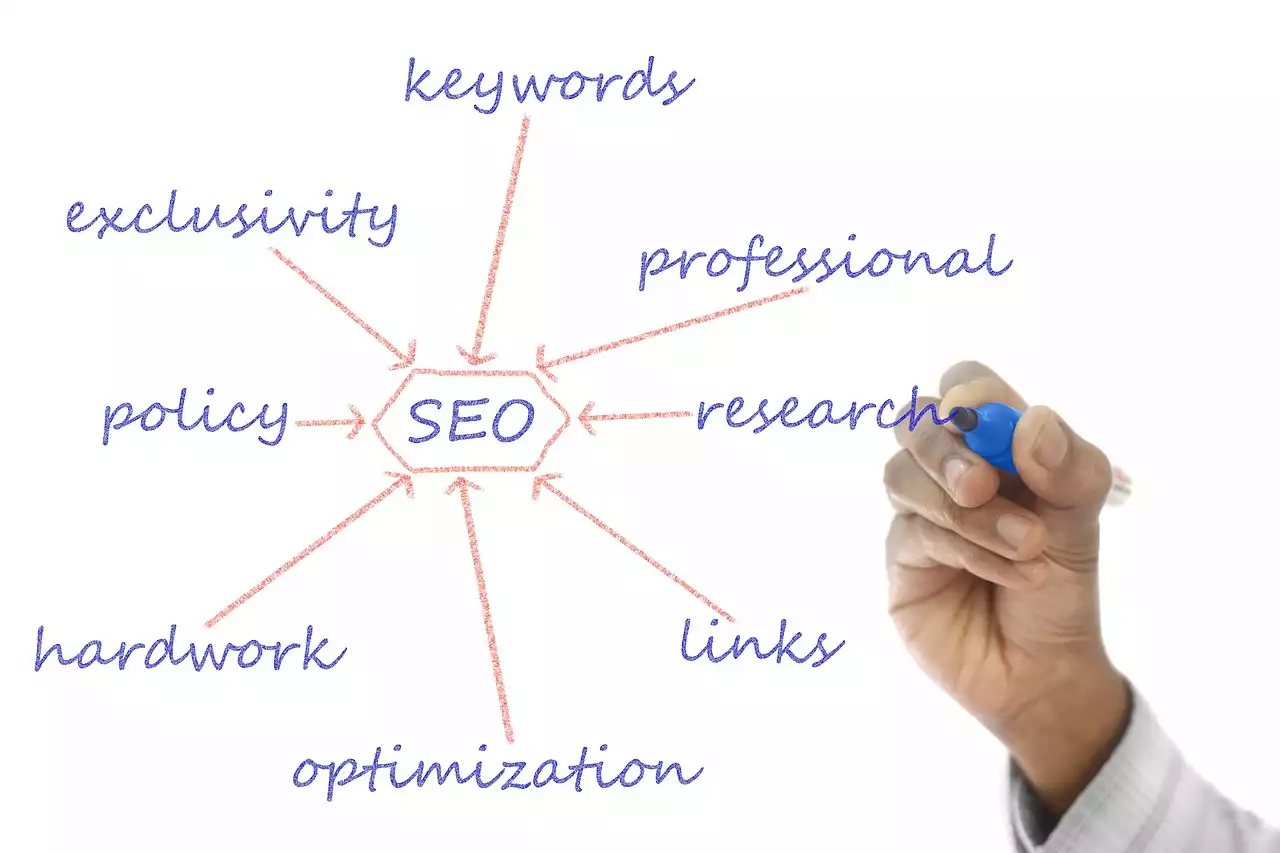Why is Local SEO important?
Local SEO is important because it helps businesses reach their local customers. When someone searches for a product or service in their area, they're more likely to choose a business that appears at the top of the search results. Local SEO helps businesses achieve that coveted top spot by optimizing their website and online presence for local searches.
Another reason local SEO is important is that it's highly targeted. By optimizing for local searches, businesses can attract customers who are more likely to convert into paying customers. For example, if someone searches for "pet store near me," they're likely in the market for pet supplies and are more likely to make a purchase than someone who stumbled upon the website through a generic search term.
Finally, local SEO is cost-effective. Unlike traditional advertising methods like print or TV ads, local SEO doesn't require a large budget. With a little bit of time and effort, businesses can optimize their online presence and reach local customers without breaking the bank.
Understanding Local SEO Ranking Factors
To optimize for local SEO, it's important to understand the ranking factors that Google considers when determining which businesses to show in the local search results. Some of the most important factors include:
Relevance
Google wants to show searchers the most relevant results for their search query. To improve relevance, businesses should ensure that their website and online presence are optimized for the specific products or services they offer.
Distance
Google considers how far a business is from the searcher's location when determining which businesses to show in the local search results. While businesses can't control their physical distance from potential customers, they can optimize their online presence to appear for searches in nearby neighborhoods or cities.
Prominence
Prominence refers to how well-known a business is both online and offline. Google considers factors like reviews, citations, and backlinks when determining a business's prominence.
By understanding these ranking factors, businesses can optimize their online presence to improve their local search rankings.
Conducting Local Keyword Research
Keyword research is critical for any SEO strategy, and local SEO is no exception. Businesses need to identify the keywords and phrases that their potential customers are using when searching for their products or services.
To conduct local keyword research, businesses can use tools like Google's Keyword Planner or Ahrefs. These tools allow businesses to identify the search volume and competition level for specific keywords and phrases related to their business.
Once businesses have identified their target keywords, they can optimize their website and online presence to include those keywords in their content.
Optimizing your Google My Business Profile
Google My Business is a free tool that allows businesses to manage their online presence across Google, including in the local search results. To optimize for local SEO, businesses should ensure that their Google My Business profile is complete and up-to-date.
This includes adding accurate business information like the business name, address, and phone number (also known as NAP). Businesses should also add photos, a description of their products or services, and their business hours.
By optimizing their Google My Business profile, businesses can improve their chances of appearing in the local search results and attracting local customers.
Building Local Citations and NAP Consistency
Citations are mentions of a business's name, address, and phone number on other websites. They're an important ranking factor for local SEO, as they signal to Google that a business is legitimate and has an established presence in the local community.
To build local citations, businesses can list their business in local directories, sponsor local events, or participate in local business associations. It's also important to ensure that the NAP information is consistent across all citations and the business's website.
Inconsistent NAP information can confuse Google and hurt a business's local search rankings.
Local Link Building Strategies
Backlinks are links from other websites that point to a business's website. They're an important ranking factor for SEO in general, and local SEO is no exception.
To build local backlinks, businesses can sponsor local events, participate in local charities, or collaborate with other businesses in their community. It's important to focus on building high-quality backlinks from authoritative websites, as these will have the biggest impact on a business's local search rankings.
Optimizing your Website for Local SEO
In addition to optimizing their Google My Business profile and building local citations and backlinks, businesses should also optimize their website for local SEO.
This includes including the target keywords in the website's content and meta descriptions, adding location-specific pages, and ensuring that the website is mobile-friendly and loads quickly.
By optimizing their website for local SEO, businesses can improve their chances of appearing in the local search results and attracting local customers.
Tracking and Measuring Local SEO Success
To determine the effectiveness of their local SEO strategy, businesses should track and measure their local search rankings, website traffic, and conversions.
Google Analytics and Google Search Console are free tools that businesses can use to track their website traffic and search rankings. By monitoring these metrics, businesses can identify areas for improvement and adjust their local SEO strategy accordingly.
Common Local SEO Mistakes to Avoid
While local SEO can be highly effective, there are some common mistakes that businesses should avoid. These include:
- Ignoring their Google My Business profile - Focusing on the wrong keywords - Building low-quality backlinks - Inconsistent NAP information - Neglecting their website's user experience
By avoiding these mistakes, businesses can ensure that their local SEO strategy is as effective as possible.
Local SEO Tools and Resources
There are many tools and resources available to help businesses optimize their online presence for local SEO. Some of the most helpful include:
- Google My Business
- Google Analytics
- Google Search Console
- Moz Local - BrightLocal
- Ahrefs
By using these tools, businesses can improve their local search rankings and attract more local customers.












